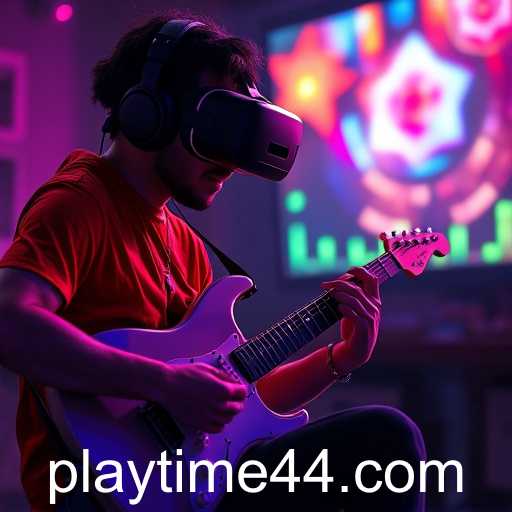Playtime has undergone a significant transformation in the rapidly evolving landscape of 2025. As technology continues to integrate deeply into everyday life, the gaming industry has seen unprecedented changes, redefining the concept of playtime.
The most notable trend is the rise of virtual reality (VR) and augmented reality (AR) games, which have become mainstream. These immersive technologies are offering gamers an experience like never before, allowing them to step directly into meticulously crafted worlds. Companies like Meta and Sony have been pivotal in driving this change, their advancements in VR headsets and AR applications reshaping the gaming experience.
Moreover, the growing influence of AI in game development cannot be overlooked. Games now utilize AI to craft more intelligent and responsive NPCs (non-player characters), creating dynamic worlds that react to the player’s decisions. This has enhanced the narrative depth and replayability of games, ensuring that every playthrough is unique, much to the delight of gamers worldwide.
Additionally, cloud gaming services have erased the need for high-end gaming hardware, making gaming more accessible. Platforms like Microsoft's Xbox Cloud Gaming and NVIDIA's GeForce NOW have seen a surge in users. These services allow for high-quality streaming of games on a variety of devices, breaking traditional barriers to entry in the gaming world.
The influence of eSports has also been profound. With major tournaments becoming as popular as traditional sports events, eSports in 2025 continues to captivate a global audience. The ongoing integration of playtime with live streaming has established platforms like Twitch and YouTube Gaming as central hubs for gaming communities, providing an interactive and engaging spectator experience.
Looking ahead, playtime in 2025 is not just about playing games but experiencing a broader form of entertainment that is interactive, community-driven, and continuously evolving with technological advancements. This shift reflects a broader cultural phenomenon where the boundaries between digital and physical play are increasingly blurred, offering a glimpse into the future of engagement and entertainment.








